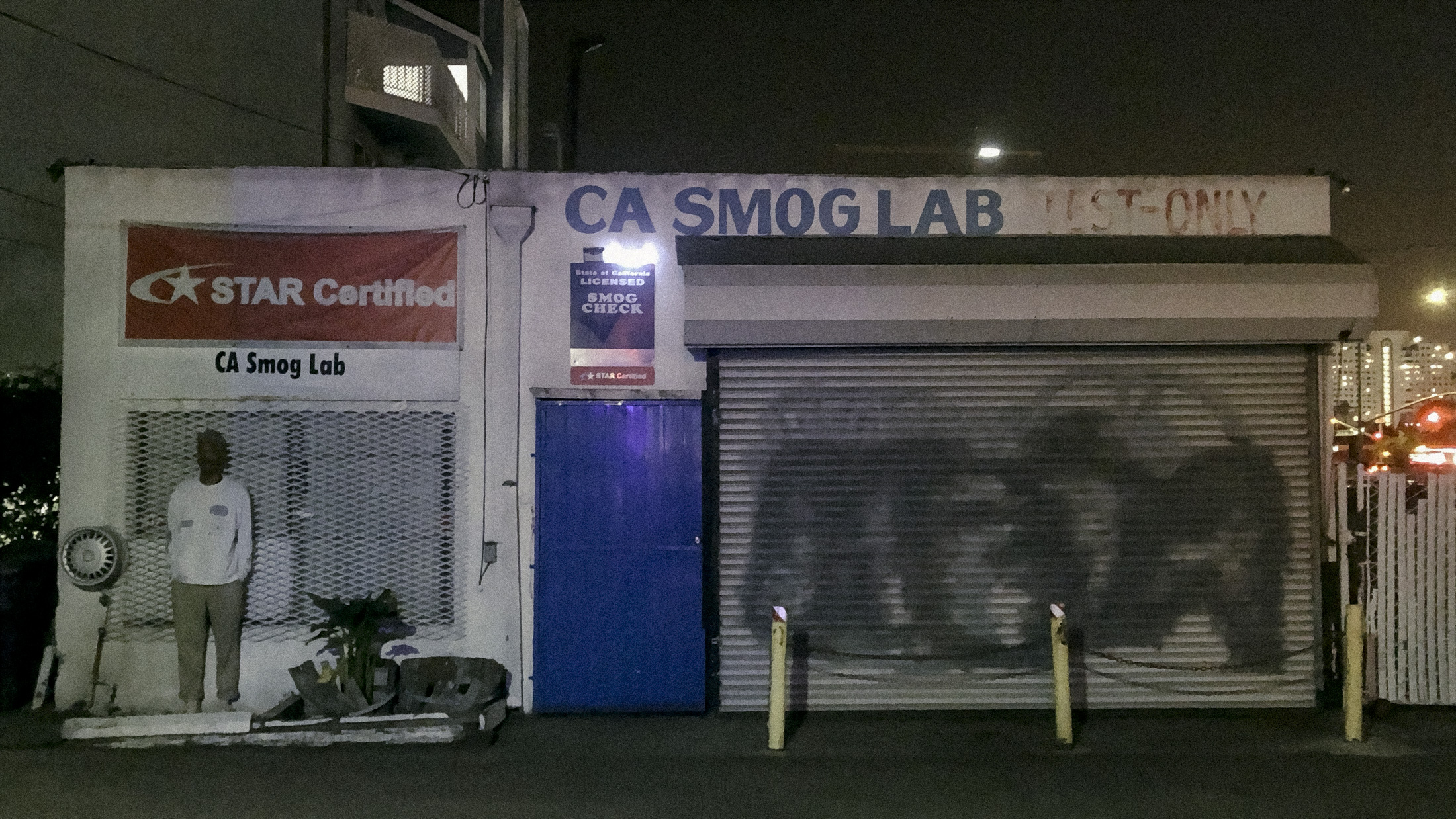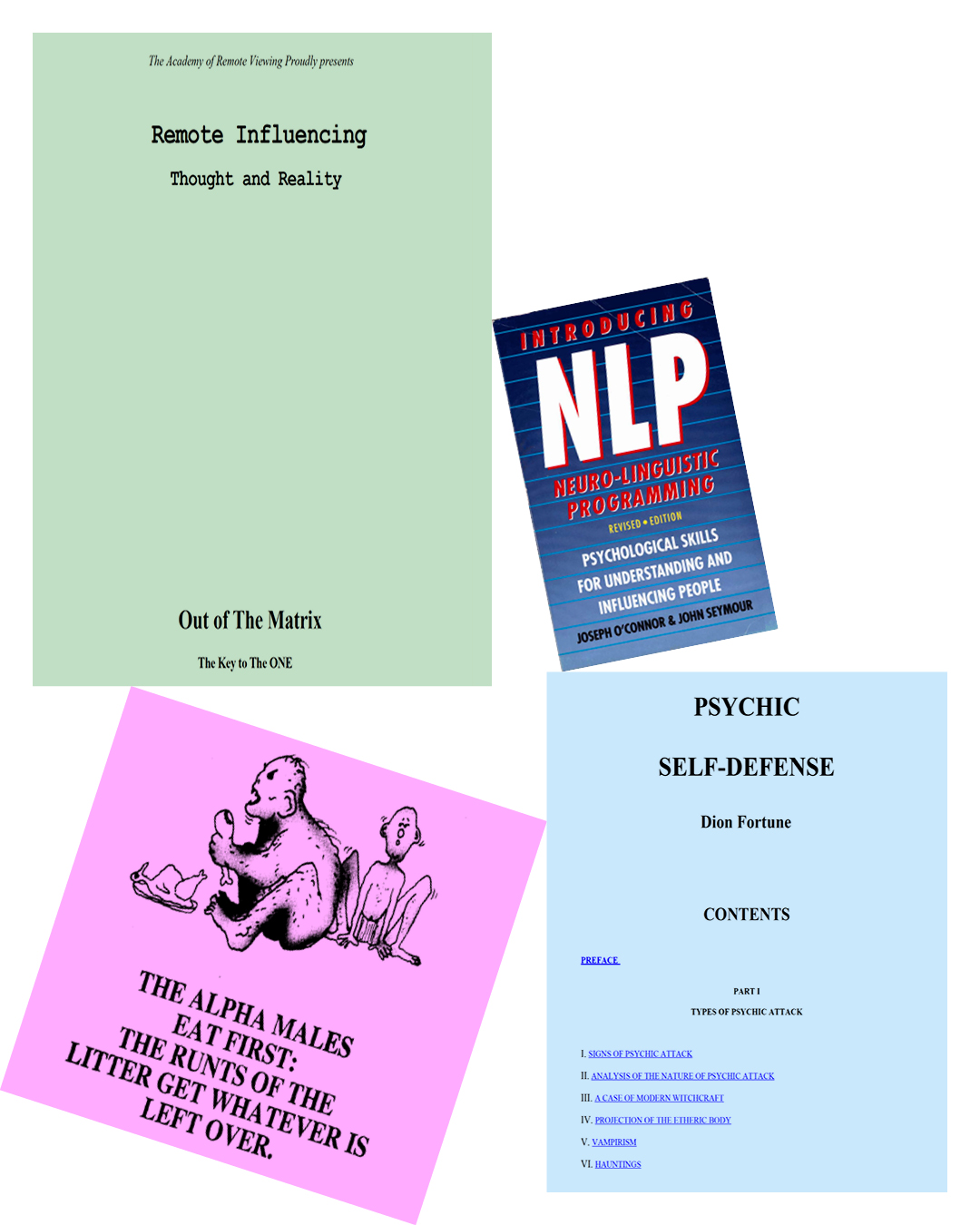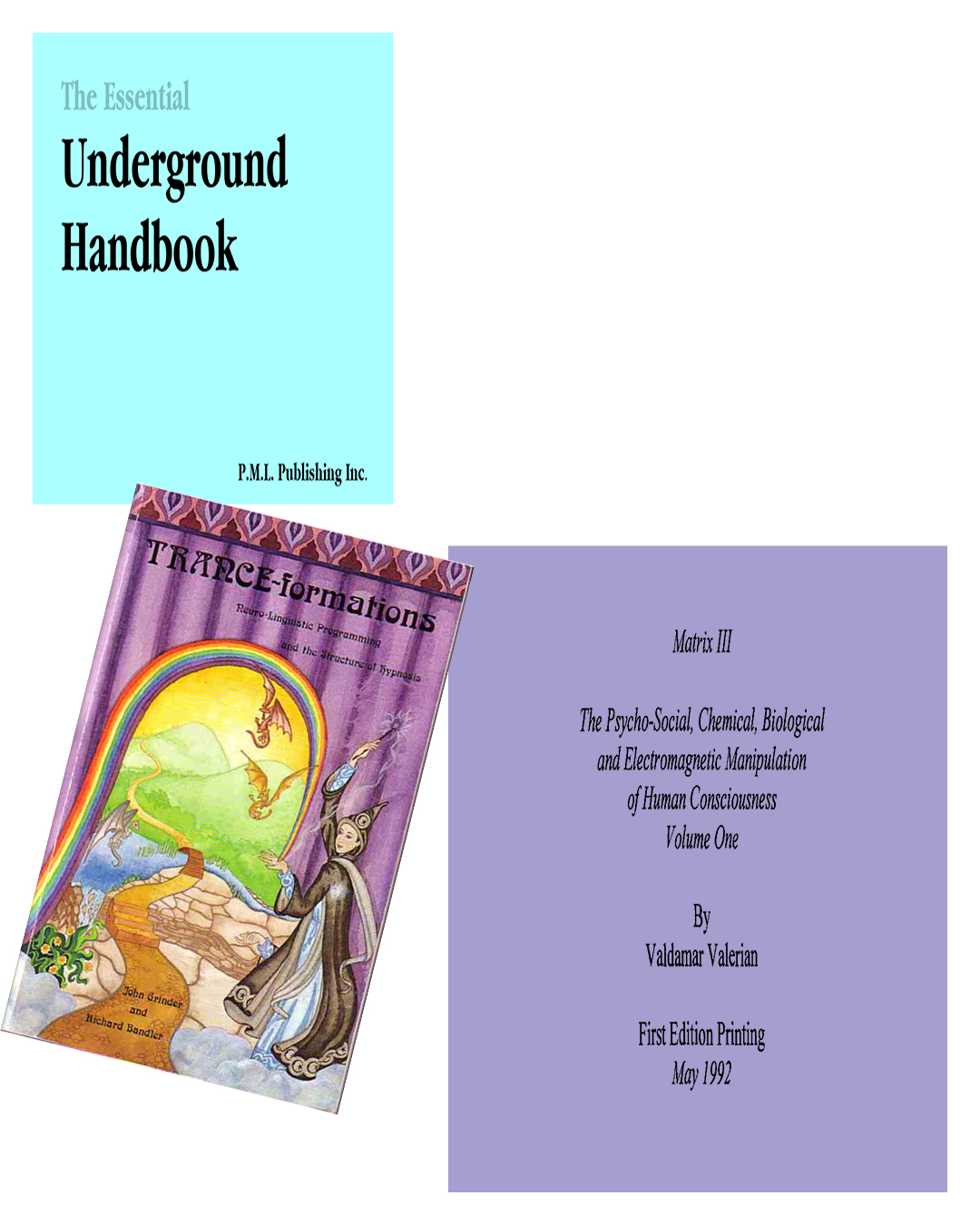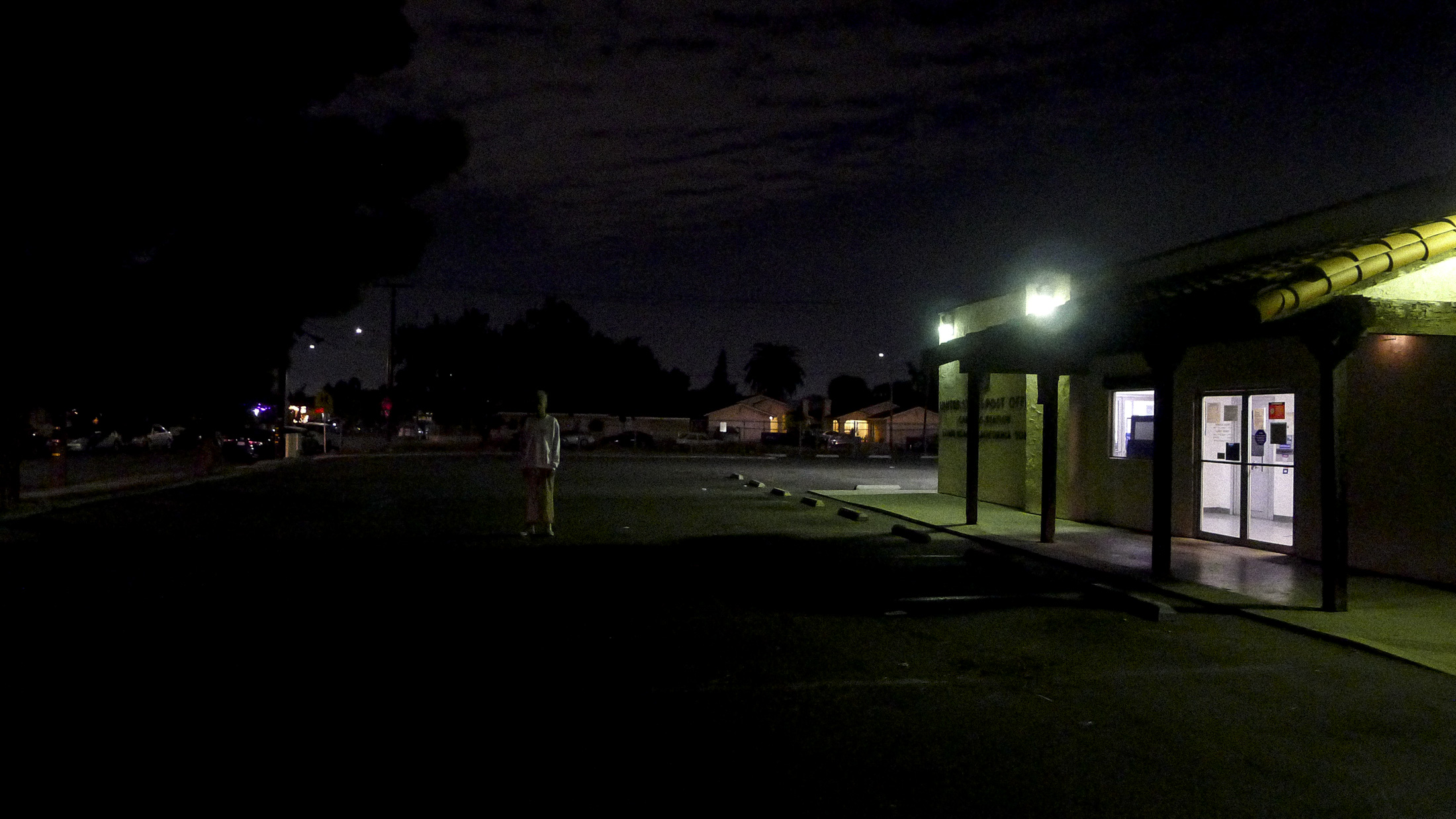Following the release of “Fall All Over/Dead October” [Get Crev Labs, 2020] our author Karl Hadrian Delgas initiated a dialogue with Giovanni Marks, who represents the colours of the Californian beat scene like no other.
Giovanni Marks is producing his fiery frequencies under the ‘crev-wave’ flag. The Los Angelino sets fire to the sequencer with his unmatched futuristic rhythms and his instinctive half-man half-vocoder flow coming from the avant-garde. The legendary sound architect and robot brother of Thavius Beck – also known as Labwaste – produces as one-man-gang, release after release in the profusion of a solid catalogue on his diy label Get Crev Labs. With his experimental visual and sound work he is continuously doing his magic requiring nothing but a beat in a continuous loop. Being a pioneer, his signature remains as one of the most celebrated among the alternative rap scene.
INTERVIEW: KARL HADRIAN DELGAS
PHOTOGRAPHY: JOSEPH ROBINSON

What’s your perception about a career as producer/lyricist and the evolution of your practice?
When I was younger I came out of nowhere, so I felt like I had a lot more to prove with little to back up my ambition besides perhaps raw talent and ideas. I was trying to win over the L.A. underground scene (all of them, every scene), my peers in that and whatever other sub-scene spiraled out from there (again, every scene), the overall streets as I knew them and most importantly, myself. I emulated/aped (for lack of a better term) a lot of the things that influenced me and tried to reverse engineer the things that weren’t directly in front of me, like the wild experimental ideas that came out of the IDM scene of the late 90s early 2000s and the stuff that was going on in the avant-garde rock and electronic worlds around the same period. As hip-hop was by and large a sample based culture at that time, those were the colors of the palette that I was sampling from along with the conventional stuff like jazz and soul. As I became more established in both the avant-garde rap worlds I occupied and some of these other worlds I aspired to be relevant in, my knowledge and understanding of all these different types of music began to grow by default. Instead of sampling records, I was sampling techniques and musical ideals and applying them to my sound that I was trying to create. As time passed and my musical language expanded even more, I started to understand the theoretical and philosophical principles of why some of these types of music (and the visual components that almost always accompanied them) came to be. I was naturally drawn to the music that largely influenced my work, but that opened a can of worms unto itself. Like, why was the band Suicide who they were and why did they choose the style of music they chose to be their delivery system? What was the ultimate intention of the COUM art show that Genesis P-Orridge and Cosey Fanni Tutti did back in 1976 and why did it influence their later Throbbing Gristle work, especially the occult stuff? We can go into the realm of whoever else because there’s lots of others, but why was always the question for me. Especially when it was outside of general convention because I came from a pretty basic worldview and was looking to get my mind blown as much as possible. As more years passed and I got older still, I began to intimately understand the various roles personnel actually had in making certain types of records. I was able to “get to the source” so to speak, and figure out what made these artifacts what they actually were. Why such and such studio was important, who actually arranged the breakdown of what song and so forth. This basically taught me the philosophy of using the studio as your instrument or “workstation” as it were. This changed my entire sound around because I got to literally live in the lab and figure out what I was out to do, which I’m still doing every day. All of this is normal behavior for the academic musician, but I’m a delinquent so this was all literally life changing for me and I try to show that in my work.
Is there more a metamorphosis or an evolution regarding L.A. beat scene?
I’ll definitely say evolution in my personal opinion. The idea of people making beats in Los Angeles is not new by any means. Maybe the metamorphosis idea came in when lots of people started fetishizing a lot of music that would have once been relegated to rap instrumentals and random library backing tracks. This, along with established labels signing producers native to the area whose music transcended that model. I’m thinking of Warp signing Flying Lotus, that was huge and kind of redefined what Southern California was about in terms of musical value. From the artists/industry people that moved to L.A. and perpetuated that newly found vibe, to the labels that either were formed to cater to that burgeoning style of music or eventually shifted their identity/protocol to that style, most things started to shift that way. There was a certain point in the last decade where Los Angeles was the main electronic music city in North America, as crazy as that is to believe. Another way to think about it is that the mainstream to L.A.’s underground is Hollywood. Once something reaches a certain level of awareness, everybody gets involved and something becomes something else. It can go from Daedelus’s first record to Kendrick Lamar’s last record and there’s a visible thread connecting the two.

How do you see your role in this beatmaking scene now?
Basically a semi-active participant and contentious observer. While I’ve always been down to throw my hat in that circle, the average person thinking of L.A.’s beat scene isn’t thinking of me when it comes to mind. I’d like to believe that I occupy a different type of liminal space than today’s beat maker, even though we may be influenced by the same things and use the same tools to come to what we would both consider the same conclusion, which is a song. I still have a little label that releases stuff from time to time and I’m always down and around to work with people on whatever they think I can do justice to, whether it be A&R a project, engineer a song/record, do some sound design, help write a song, play on something, whatever.What I’ve found is that there is an embarrassment of riches in regards to talent in the city for the first time in a long time. I’ve found that it’s easier to just create in this new world than it is to aspire to have some type of decades long lasting career in whatever this industry turns out to be.
I think, conceptually you were one of the pioneers of the scene. What was the founding event that symbolically created it?
I can’t take credit for something that was going on long before I got my chance to mess with it, nor can I personally say that it was one event, because there were more than a few seminal things that happened in L.A. over the years. While I did help mid-wife some artists and sell some records, you also have to account for the secret parties going on in people’s studios, houses and workspaces that fed the momentum of whatever all of that action eventually turned out to be. In the context of today’s situations, I’d have to say a couple of things contributed to the catalyst of that scene as we know it. The first would have to be the Sketchbook night held at a venue that also houses the Dublab online radio station (as well as the Plug Research label), that was big for a lot of the L.A. producers you now see in the world. I want to say Kutmah and a couple of others were largely responsible for that whole thing. Another thing which was extremely important was Low End Theory, which was the brain child of Daddy Kev, Gaslamp Killer, DJ Nobody (who is a very major part of the beat scene puzzle and doesn’t get the credit he deserves) and D-Styles. While they took a lot of that stuff to a bunch of higher levels, that was definitely a home away from home for an entire community of individuals, myself included at one time or another. That definitely helped to birth an entire generation of fans, artists and eventual industry workers in the form of DJs, labels of many different types, managers, promoters, booking agents, writers and even record store owners as of late.

“Young Dangerous Heart”, “Fascination Ends Here” or “Discodependency”?
“Young Dangerous Heart” — only because it’s a super personal song which gives it some additional significant value. All of my songs at that time were either personal songs or really avant-garde variations on normal rap because that’s largely what I was influenced by outside of hip-hop, super abstract lyrics. And what isn’t a personal song if it’s written by a person? I was hanging out with the band The Mars Volta, so it was more than okay to write bugged out stuff back then. It’s a song that’s literally about my heart and a genetic defect that I was diagnosed with around a year before the record came out. A friend of mine with a dark sense of humor gave me the nickname Young Dangerous Heart and I decided to name the record that I was working on at the time after that because I’m a idiot. I’d like to believe that Young Dangerous Heart enabled those other two songs to come about, even though they were mix tape songs. They were both written/recorded while living in Europe and I was over the lifestyle that came with being a touring musician, the song titles alone pretty much explain the whole vibe that I was on at the time.
Passing the torch to Pink Siifu and others?
The Koreatown Oddity (even though he’s a bit older than the other guys on this list), Pink Siifu, R.A.P. Ferreira, Hemlock Ernst, Oliver The 2nd, Brain Orchestra, Elucid, Fat Tony, the list of people “doing it the way I would, but better” goes on and on these days which truly is a great thing! If anything, I’m super jealous of these dudes because now the world is ready for this sound and they can make the most of it with the material and the administration needed to actually make it work behind the scenes. I was always looking for a place for my music to belong all of these years, this is what took me on the weird journey that I went on. These dudes went on their own journeys as well, it’s just that their race track looks different than the one I started on 20+ years ago. I’m just happy to be able to know and work with these people and the others coming up because we are watching the new generation at work and this is their moment in history to make it happen for themselves.
“A SOUNDTRACK TO A MOVIE THAT CAN ONLY BE SEEN IF YOU PLAY THE SOUNDTRACK FIRST.”
What is the essence of your album “Fall All Over/Dead October”?
I wanted to attempt to give a sonic face to the genre I like to call crev-wave since I felt like I hadn’t done that yet, even though I’ve made a bunch of records that I’ve classified under that genre. I also wanted to make a rap record that people like me (basically a bunch of semi well dressed degenerates) could listen to and ideally get caught up in for 30 minutes. It’s intended to be a snapshot or preview into this world that’s all around you, but can’t be accessed by any other means except through inoculation of this material, both the music and the literature referenced on the bandcamp page. Someone else would probably define it as an auditory form of augmented reality. At this point the word ‘crev’ ends up being a type of trigger. Something like a linguistic virus that once the perceiver is infected by, becomes the primary filter under which to describe situations/noun based ideas/concepts that were previously known as weird, strange, crazy, trippy and even non-colloquial terms like unsettling and maybe alarming. Simply because they lie just outside the threshold of conventional thought. A soundtrack to a movie that can only be seen if you play the soundtrack first.
If you had to pick one representative song from it?
I would pick the song “Splits” because it was the song that influenced the direction of the entire record, as well as the song that explained the idea of crev-wave in the most straightforward way I could come up with. There’s a field recording I got of some people singing in the subway so they could drown out some mentally disturbed person talking about strange things and everything else on there was sound design, it was the first song that I made that had no outside sample sources or presets. I loved that song after it was done and I felt like I had to try do a whole record sounding like that and for the most part, stick to those rules.
Which album do you consider the prequel of “Fall All Over/Dead October”?
That’s kind of a difficult question to easily answer but here’s a nerdy fun fact: if you look at the artwork, you’ll see that it says MSCL_3 somewhere around where the spine would be if it were a cassette tape. I stashed it in a place where it would look like some kind of catalog number upon first glance, but it actually answers your question in a very roundabout fashion. MSCL stands for My So-Crev Life and that was the original name of the project that ended up being this record, this being the third iteration. The first two got released in very limited amounts under different names and as demos, I would refer to them as beta tests and usually expose the material to random people in various online art and music communities like a medical company would do a chemical trial. “Splits” is actually the only song that has made it through every version and unreleased revision (of which there may be five or six) of the record, which by now is like 45+ songs over the last 4–6 years. The time line of finished productions would most likely be “Black Jack Parsons” as an intro, then “African American Psycho” (vox), “Double Tech Jeep Music” (non vox) and then “Fall All Over/Dead October” as the culmination of both ideas. There’s an instrumental project coming in the new year called “Point Of Hiatus” that will simultaneously bookend that last group of work while introducing the next period. Since I’ve started most of my records with a beat/non-vox based introduction of some sort, I thought it appropriate to start this next cycle with the same sort of thing.
Comparing your writing approach to your beatmaking techniques: is it a similar process for you?
They are usually completely opposite until they meet up in the middle like a venn diagram. I grew up writing and freestyle rapping and all the stuff that goes with that lifestyle, so I’m always saying a bunch of silly stuff out of nowhere. If I hear something I like in regards to music, I’m automatically thinking of lyrics and maybe even a hook if that’s the kind of song I’m feeling. Sometimes this will happen out of nowhere, to where I’m writing stuff down on whatever is around to no musical backing whatsoever besides a sort of click track or metronome in my head. I have a bunch of notepads around along with apps on my phone just in case I need to do that. There’s also a different vibe when you are writing rap songs with or for other people. It turns to a thing that’s almost like a contest, if not exactly like a contest. At least for me it is, because I grew up that way. There’s always some type of battle being waged over some type of artistic medium in Los Angeles, be it on a stage or a wall. While it’s been known to provide quality results and some money, I don’t think that it is necessarily a good thing for the growth of a culture.
If I’m making other types of music, I’m usually in my little lab which means it can happen any number of ways depending on what instrument or machine that I’m in front of. There’s been times where I’m working on a song to submit for a commercial or some little score and all of a sudden I’ve got a song like “Data Drops”. Or a helicopter is flying over my house for however many hours and after I record it for fun, I go and write “Lime-Lite” and now the helicopter is a fundamental part of the song. With the new stuff I’m working on, it’s largely vocal free with the exception of a couple of projects. That being said, I keep a notepad next to me at all times with this new material because some weird songs have definitely popped up out of nowhere.
The vox/non-vox switch and the different layers of frequencies throughout the album are totally on point. According to your own art, is it more about sound than music?
While I definitely appreciate the compliment, I’m all about music. However, I’m obsessed with the idea of what temporal direction the genres of music that I am influenced by can travel to. At the end of all of this, it is only sound that we are dealing with. By this point in recorded history, human beings have made music with most types of sound that you can and can’t conceive. The question I would ask is what’s next in the world? I am nowhere near a person that can answer that but I’m trying to do a weird thing, which is play with the ideas someone like Oval and Mika Vainio or Richard H. Kirk introduced back in the day and mix that with dub rules written by Lee Scratch Perry and King Tubby, studio rules by Brian Eno and Brian Wilson, production rules by J Dilla and J Mascis and rap rules by Freestyle Fellowship, Antipop Consortium and Company Flow. I’ll also use Sun Ra and David Axelrod’s arrangement rules. All of these people put the sound where it belonged, even if it didn’t fit the general ideas at the time.

John Cage or J Dilla?
John Cage for sure, but I’ll explain why. In my mind, John Cage is a stud like Sun Ra is a stud. If you saw a pic of John Cage and Sun Ra together or Karlheinz Stockhausen doing something, that’s on an entirely different level than whatever we do today. John Cage mapped and sold you 4 minutes and 33 seconds of a situation that he said was silence, he had musicians hanging out in the studio while he recorded something that was almost nothing and would have been less than nothing to anyone else. But this was a weird time in American art in general. Robert Rauschenberg did that one piece where he erased that Willem de Kooning drawing and hung that up, which sounds straight up insane today. He (John Cage) basically helped birth modern dance with his partner Merce Cunningham, which is a whole other groundbreaking thing. He was in that generation of artist that invented the things we just do today for no apparent reason than to express ourselves in the artistic languages we were taught. I’m obviously supposed to say Dilla and before I really thought about the comparison, it was a no brainer that it was going to be him. However, Dilla is a mutant in the way that Autechre are mutants in they are products of their respective environments and time periods, but with a twist. Dilla is a musical genius from Detroit and you know it all the way through his music, no matter how many different ways he wanted to play it for you. I mean, he loved L.A. and L.A. loves him back to this very day, but he’s from Detroit. Once you know of his influences, you can hear them all through his work, whether it be Pete Rock or Kraftwerk or The JB’s or whatever he felt that day because he could do whatever he wanted musically. He played 22 different instruments and could flip any record work. And that’s for starters. Today’s urban music world reveres James Yancey and are actively fighting for him to be considered a national treasure in the world outside the genre/s that he occupied and influenced. John Cage was from Los Angeles and is already considered a national treasure a dozen times over.
And what about Labwaste?
A great idea that has a longer story. Thavius Beck and I will always be linked whether we release music together or not, and I’m blessed to have that association because I love the dude and his musical output. We just have to be on the same page as far as inspiration and intention goes. We live on opposite sides of the map and lead completely different lives from one another. He heard my new record and was into it, to the point that he said he may have to record some vocal stuff himself one of these days. That alone, is enough for me.

Visitez:
https://getcrevlabs.bandcamp.com
https://www.instagram.com/giovanni_marks/


